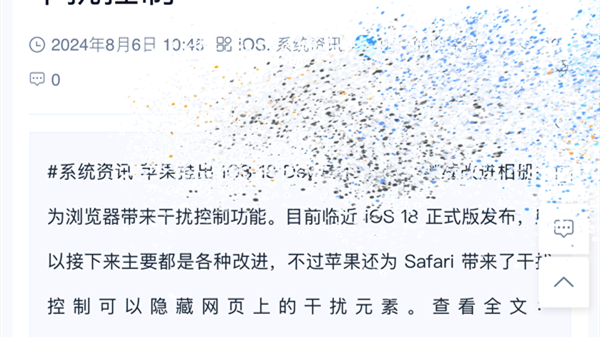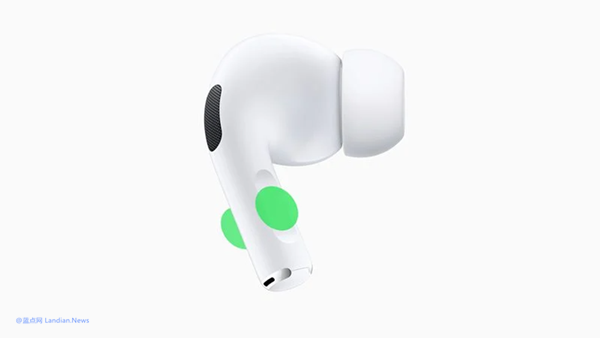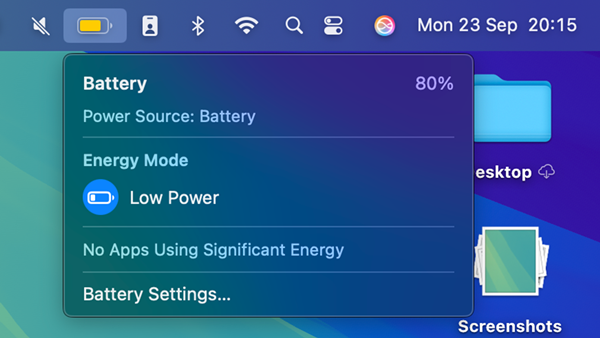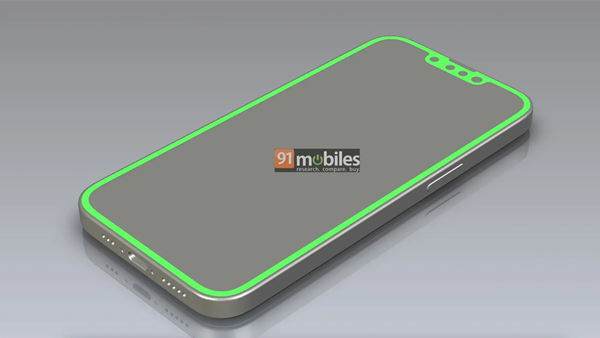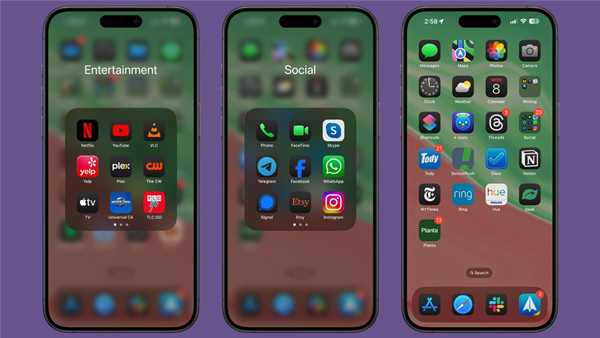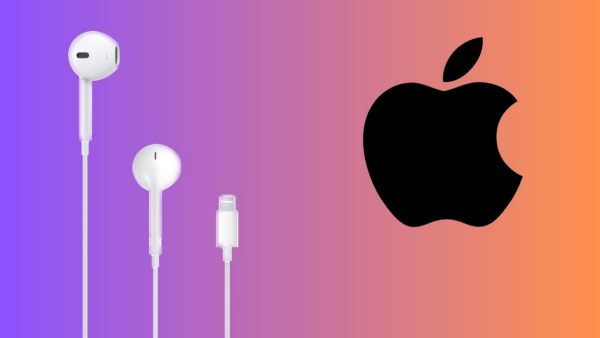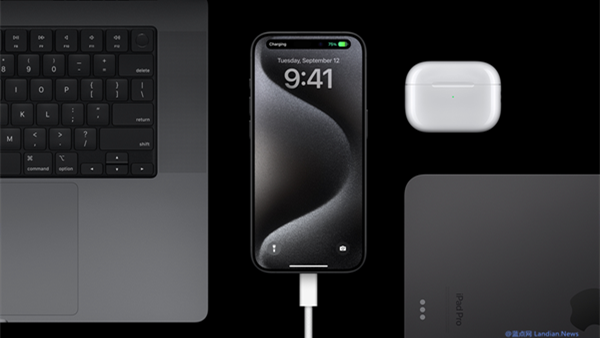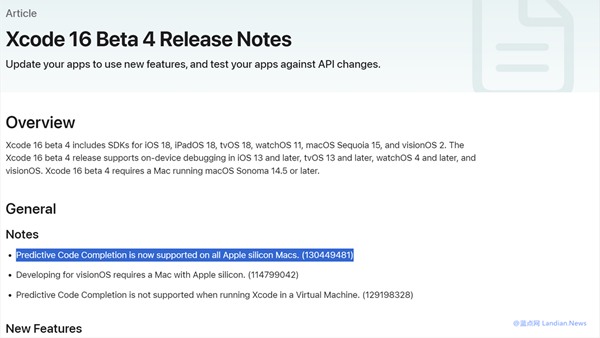Apple to Offer 2TB Storage with QLC Chips in iPhone 17 Series
According to the latest report by TrendForce, Apple plans to offer a whopping 2TB of body storage in the iPhone 17 series set to launch in 2026, doubling the current maximum storage capacity of 1TB available in iPhones. This upgrade is particularly targeted at users who frequently record videos and are in need of larger storage spaces.
In the iPhone 15 Pro series, to facilitate the continuous recording of high-resolution videos, Apple introduced support for connecting external hard drives via USB-C as an additional storage option. However, offering larger internal storage would undoubtedly be more convenient.
Unexpectedly, Apple has set its sights on QLC (Quad-Level Cell) NAND flash memory, known for its cost-effectiveness. While Apple's pricing for memory and storage upgrades has traditionally been high, adopting QLC NAND could further reduce costs, though retail prices are expected to remain steep.
The advantage of QLC NAND lies in its higher storage density, allowing for larger capacities in the same physical size or smaller devices with equal storage capacities. Additionally, QLC NAND is cheaper than TLC (Triple-Level Cell) NAND due to its shorter lifespan.
However, the downside of QLC NAND is also notable. Its lifespan is significantly shorter than that of TLC NAND, and its read/write speeds are relatively slower, which is why many PC users are hesitant to adopt QLC SSDs.
TrendForce predicts that Apple will gradually start using QLC NAND in the iPhone 17 series, providing storage options of 1TB or 2TB.
It's also worth noting that the upcoming iPhone 16 series, set to be released in September this year, might also employ QLC chips. Previous reports from DigiTimes have indicated that Apple is assessing the feasibility of using QLC chips in the 1TB models of the iPhone 16 Pro and iPhone 16 Pro Max.
We'll have to wait for the iPhone 16 series launch event in two months to know for sure. As the event draws closer, it's expected that more information will emerge.

